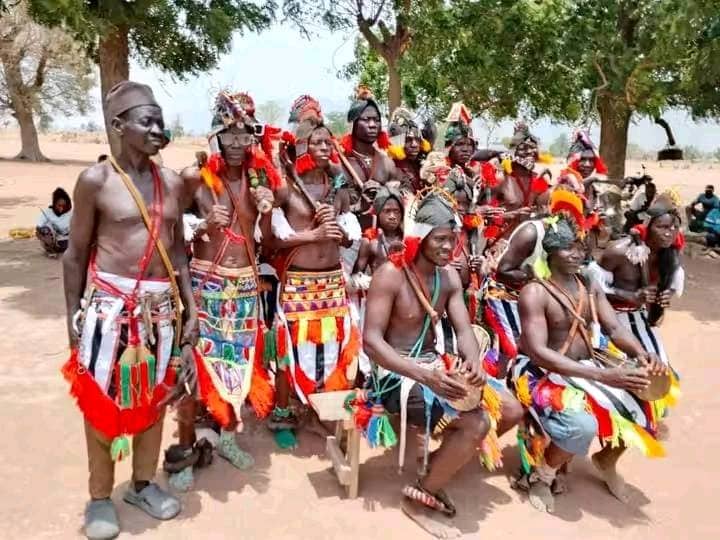By Abdul Lauya
The Dadiya Community Development Association (DACODA) has officially announced the revival of the long-abandoned Dikkulom Festival, set to hold on December 26, 2025, in Gadamayo, Bambam, Balanga Local Government Area of Gombe State.
This resolution was made following two key meetings, first at the DACODA National Congress on April 18 and later at the Dikkulom 2025 Central Planning Committee gathering on May 31, both held at Dadiya Town Hall, signaling a determined return to cultural unity.
According to a statement signed by the Central Planning Committee Secretary, Comrade Shadrach Filibus Betulum, the festival will begin at 10:00 am and marks a renewed commitment to cultural preservation and communal harmony.
December 26th has now been formally designated as the fixed annual date for Dikkulom Festival, with all other social or religious events suspended across Dadiya land on that day to prioritize this communal observance.
This decision carries deep symbolic weight, considering the Dikkulom Festival had not been held in nearly a decade due to corruption allegations that fractured the community and eroded public trust.
Those corruption scandals, which implicated influential leaders, many of whom have since passed on, left behind a legacy of division, distrust, and cultural stagnation in a land once revered for its rich traditions.
By resurrecting the Dikkulom Festival, DACODA’s new leadership under Chairman Yusuf Dogari and Secretary General Dr. Lazarus Joseph Goje has an opportunity to reforge unity and restore cultural dignity in Dadiya land.
However, the ghosts of past failures still linger, and this administration must tread with humility and integrity to avoid repeating the mistakes that led to the festival’s disgraceful hiatus.
Observers and elders within the community warn that transparency, inclusivity, and sincere community engagement must guide every step of the planning and execution to prevent another cycle of mistrust.
The announcement has sparked cautious optimism among Dadiya indigenes at home and in the diaspora, many of whom still bear emotional scars from the bitter political fallouts of the past decade.
As December 26 approaches, expectations are high, but so too are the stakes, with the success or failure of Dikkulom 2025 likely to define the credibility of DACODA’s new leadership for years to come.
For now, all eyes are on Gadamayo, not just as a venue, but as a symbol of what Dadiya can become when tradition triumphs over turmoil.


